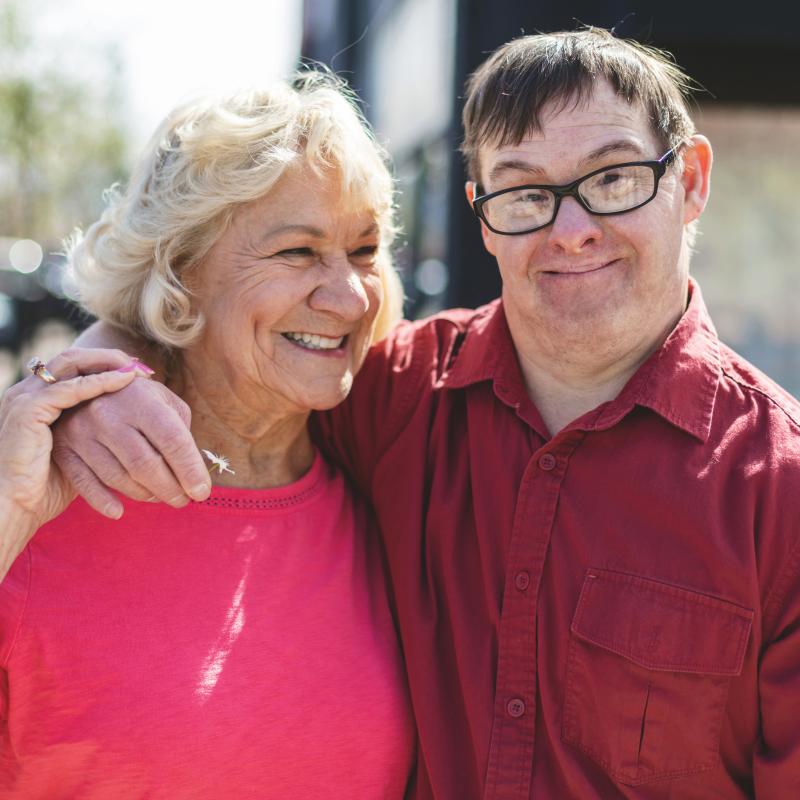
Intellectual Disability
The Probate Courts become involved in the lives of adults with intellectual disability when they are unable to care for their physical health or safety or make decisions about such care. In these cases, the courts may appoint a guardian to supervise all or some aspects of the person’s care.
The court appoints a plenary guardian for someone who requires full supervision of matters involving health and safety. The court appoints a limited guardian for someone who can do some, but not all, of the tasks needed to maintain health and safety.
The guardian decides what programs and services the person needs. The court may give the guardian the authority to move the person to another residence; enroll him or her in educational, vocational or behavioral programs; release his or her medical records; and seek medical and dental care for the person. The court may appoint adults, authorized state officials, and private, nonprofit corporations as guardians, but it may not appoint hospitals and nursing homes.
In many cases, the adult with intellectual disability can handle his or her own finances with assistance from a guardian or family member or from an agency that provides support services. If these arrangements do not meet the person’s needs, and his or her assets do not exceed $10,000, a plenary or limited guardian can petition the Probate Court for limited control of the person’s income and assets, up to $10,000. If the assets exceed $10,000, a conservatorship may be needed to manage the person’s finances.
Intellectual Disabilities Resources
Intellectual Disabilities Resources


